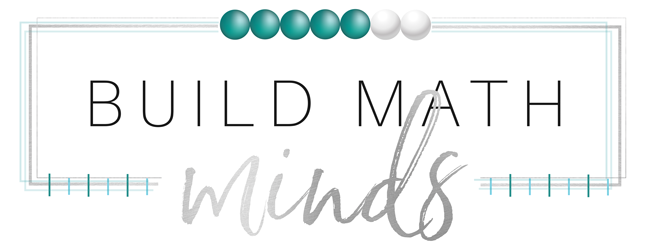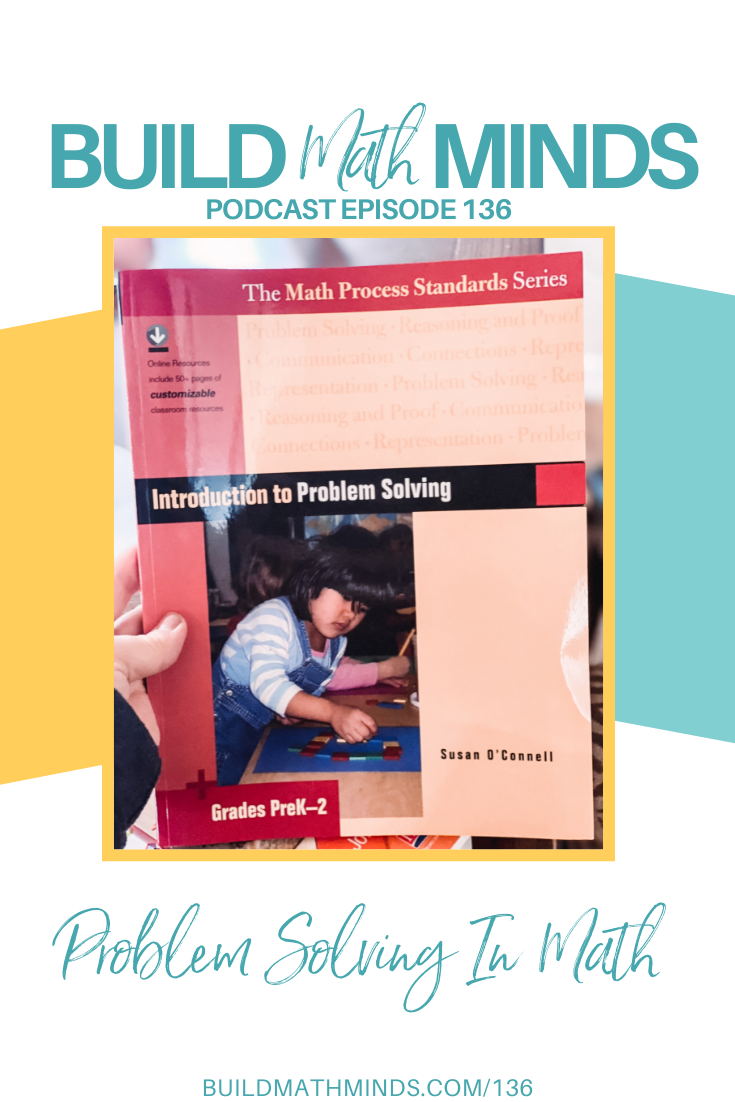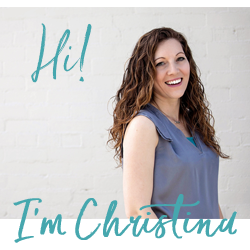Have you ever dove right into something you had no idea how to do?
Yeah, I didn’t think so. Most of us avoid those types of situations.
Yet we often ask our students to do just that.
I remember the first time I went back to my 6th graders and asked them to do math problem solving.
They were so used to me just telling them step-by-step how to do the math. As I started my Recovering Traditionalist journey and implementing more student focused experiences, I thought it was going to be great and my students would love it.
But, I was making them dive into something they had no idea how to do.
It was so uncomfortable for them and they didn’t even know where to start sometimes.
And honestly I didn’t know where to start to help them. I knew I should let kids experience math through contextual problems but doing that with a group of 6th graders who were used to just being told exactly how to solve problems was not as easy as the research said it would be.
Yes the research and implementation of that research aren’t always the same.
One thing that helped me was the book Introduction to Problem Solving by Susan O’Connell. There is a Prek-2 version, 3rd-5th, and 6th-8th.
In the books, Sue goes into detail about 8 problem solving strategies that “are tools for simplifying problems and revealing the possible paths to solutions” (p. 26).
These strategies help kids to just get started in their problem-solving process. So, if you are looking for some ideas to get your students more comfortable with problem-solving in math, I recommend these books. But a word of caution from the book on page 27:
“As we explore problem-solving strategies throughout this book, it is important to remember that we are not teaching or telling students to use a particular strategy, but rather helping them develop the thinking skills to find an appropriate strategy for solving a problem. Often more than one strategy will lead to a solution. Students’ work should be evaluated based on the reasonableness of the strategy, not whether it was the strategy we may have in mind as we posed the problem.”
These 8 problem solving strategies should be at your students’ disposal but not mandated that they use a particular one. They are:
-Choose an Operation (hint: she talks about an alternative to key words!)
-Find a Pattern
-Make a Table
-Make an Organized List
-Draw a Picture or Diagram
-Guess, Check, and Revise
-Use Logical Reasoning
-Work Backwards
The book was published back in 2007, so since then many textbooks have started to include these strategies, but they do it in a way that mandates kids use a particular strategy for a set of problems. You can get more details about implementing them with your kids inside the books which I will link up at buildmathminds.com/136.
Until next week, keep Building Math Minds.
This episode is brought to you by the Build Math Minds professional development site. It’s an online site full of PD videos designed specifically for elementary teachers to help you build your math mind so you can build the math minds of your students. If you are interested in getting in-depth Math PD at Your Fingertips, become a member of Build Math Minds. Just go to buildmathminds.com/bmm and depending upon when you are listening to this, enrollment might be open or you can join the waitlist and get notified when it opens again.




